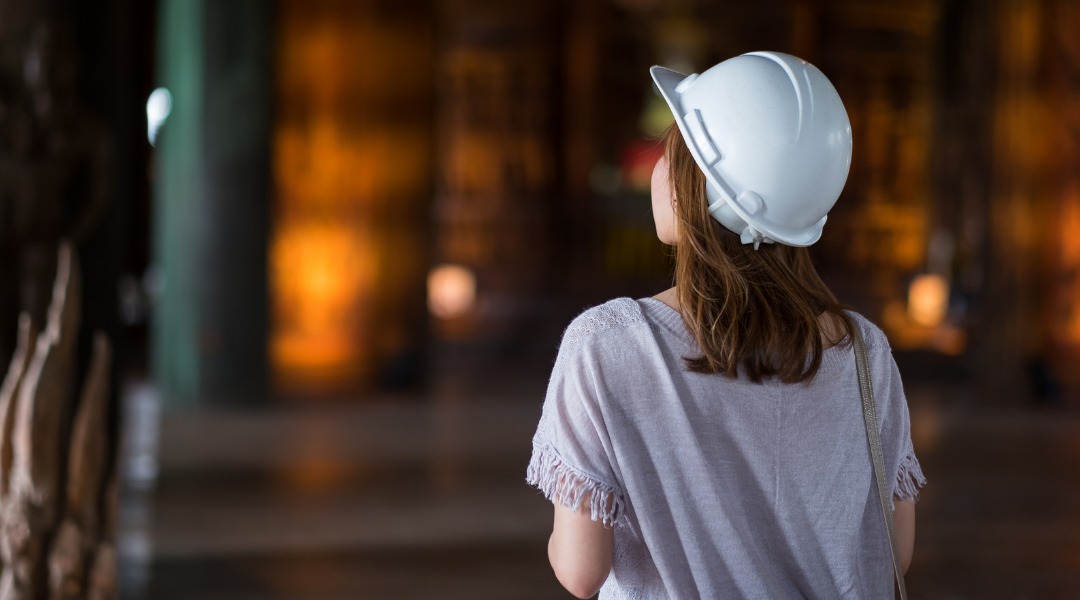Discount coupons, cheery social media posts and promises of inclusivity are synonymous with International Women’s Day. Every year, we see folks all over social media giving a shout-out “to all the women out there”, but when we dive in deep through the sugar-coated mess, we see how inclusive women and people identifying with the female gender feel at the deepest levels.
As we think about inclusivity at George Brown College, we look at the areas which are closely identified as the “male-dominated” professions and are perceived as unconventional for their female counterparts to pursue. One of these areas is construction, wherein stigmatized perceptions of men being more suitable for the job than their female counterparts are prominent.
George Brown College has been providing equitable education opportunities to men and women through its construction programs, according to one female student studying in the Construction Management program at GBC.
“I haven’t had the chance to meet my group meets in person, but I think 40 per cent of our classes are female,” said one GBC student, studying Construction Management at the college.
However, school and the real world can often be miles apart. Inclusivity at Canadian workplaces is a major issue for women, as many fields are perceived to be male-oriented rather than gender neutral.
“Even though I’m doing my job right, people often ask me to call my boss. They don’t want information or help or guidance from a woman, because they just assume since it’s construction-related, a man has to do it,” said the student, as she remembered her conversation with a GBC alumnus.
The thought of being the odd one out doesn’t shake away along with the thought of being judged solely based on your gender and not your skills.
“I constantly think about it even now. We have a placement program in the summer and I’m constantly worried about the fact that I’m a 5’2” woman and construction workers are aggressive as it is, they’re not going to listen to us small women. That is something I’m already expecting.”
Women also have to face additional psychological barriers and sometimes deep-rooted stigmatization and division of gender roles is, where women are considered fit for delicate roles even after going through the same intensive training.
“Already, there are suggestions to get a job inside the office that doesn’t require being on site. I don’t see the boys facing the same things.” This kind of difference in academics and real life comes as a shock to many students as well and is truly discouraging.
On asking whether there has been any positive influence during the journey, the student claims-“I actually look up to the woman I’ve seen in this industry, that includes some of my teachers that even include some of the people I’m studying with right now. I have girls in my group who are actually very knowledgeable in the area. And I’m grateful that it’s them I got to work with.”
International Women’s Day is not just about appreciating women’s ability to move through all obstacles thrown at them, it is about making the world an easier and more accessible place for people of all genders to live in. Romanticing pain is not what women need; they need inclusivity and safe space to grow and nurture, a world where the jobs aren’t governed by skills, not gender.


